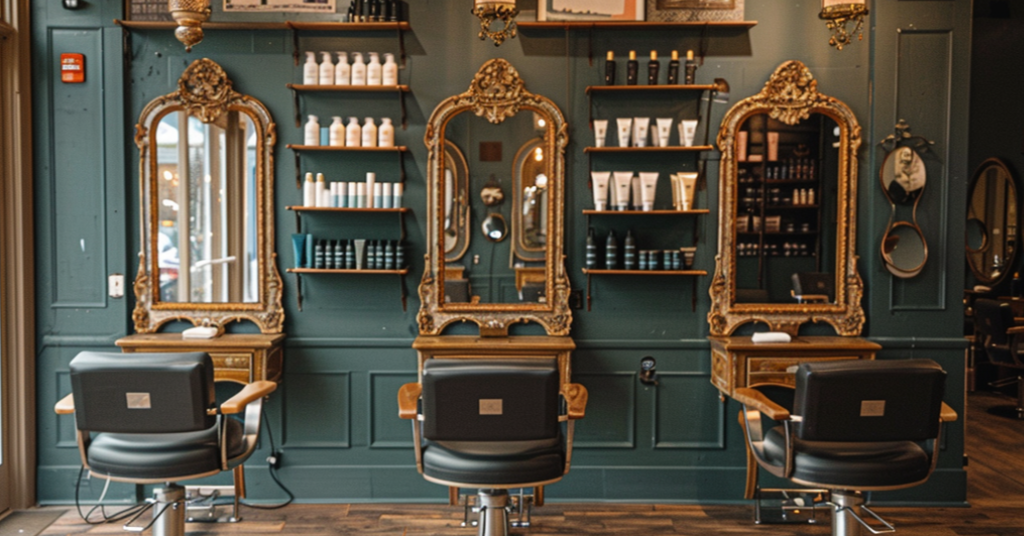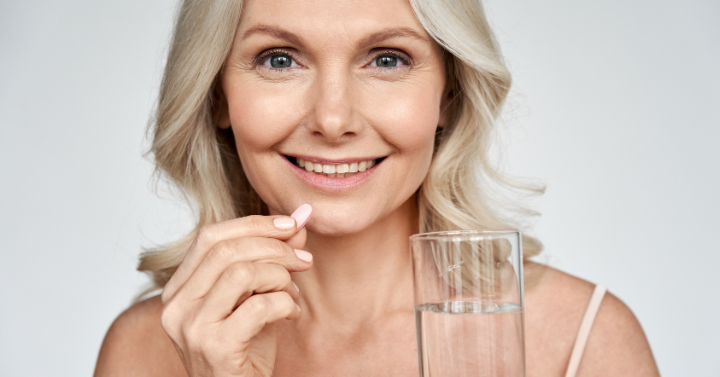Latest Insight
Salon Purchase Patterns in the United States
Drawing upon key insights from our recently published Salon Purchase Channels USA survey, this highlights report shares quick findings on salons’…
https://bit.ly/46jucLK


Slide 1
WHAT'S NEW
10 Key Questions for Re-Greasing Your Grease Strategy
Global grease demand is changing driven by the shift in demand for different chemistries, technological advancements, raw material availability, as well as the penetration of premium products, according to our upcoming Opportunities in Grease report.
Continue reading→
TOP HAIR 2024: Hair Extensions Steal the Spotlight Among Natural-Focused New Launches
Düsseldorf recently hosted two vibrant trade shows for the hairdressing industry in the DACH region—TOP HAIR 2024 and BEAUTY DÜSSELDORF 2024. Among the standout observations from this year’s shows was the significant presence of hair extensions, a category closely monitored in Kline PRO due to its dynamic growth potential.
Continue reading→
What to Expect for 2024's Health Trends: From Microbiome to Mindfulness
In the ever-evolving landscape of health and wellness, staying informed about the latest trends and innovations is crucial. Beyond mere fads, these trends often reflect shifts in consumer priorities and advancements in scientific understanding. In 2024, health-related concerns continue to drive consumer behavior and ingredient preferences, shaping the trajectory of the food and beverage industry. Ahead of Vitafoods Europe, let's delve into some of the key health trends and ingredient innovations that are expected to be seen making waves this year.
Continue reading→
The Green Value Compass
Explore how to secure your seat at the future energy table

Personal Mobility Intelligence Center
Always-On Industry Data and Insights Related to the Evolution of Personal Mobility!
Basestocks Intelligence Center
Your go-to for the latest data and insights on all types of basestocks, and more!





